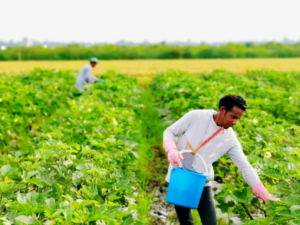
Helping local and family farming
The objective of these initiatives is to support the adaptation of the production systems of small farmers to climate change in the countries and islands of the Indian Ocean, in order to improve the incomes and living conditions of family farming.
